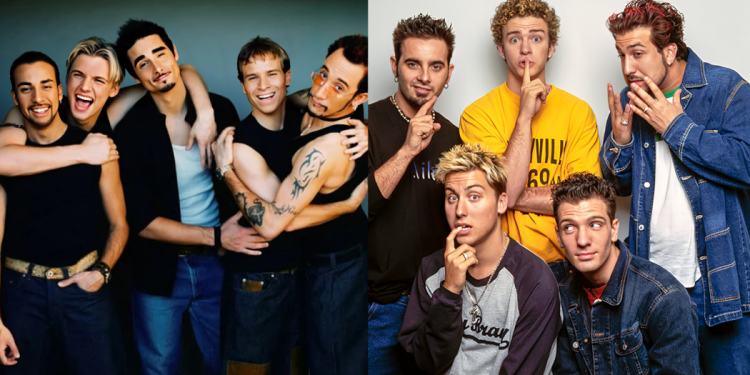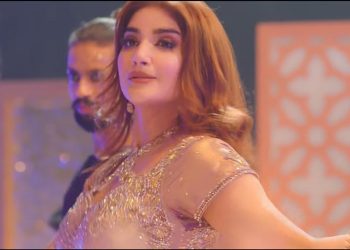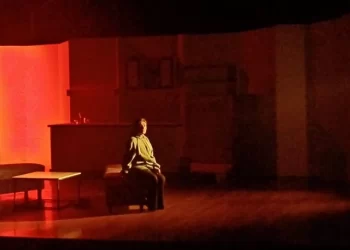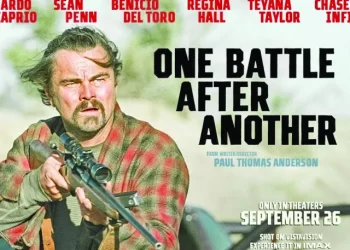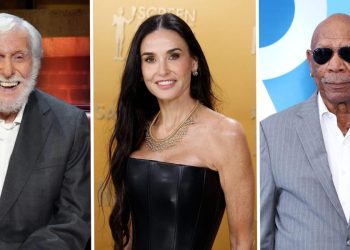If the past week has proved anything with Liam Payne’s untimely death, it is that love for boybands has always, and will always, burn with the fire of a thousand suns. Could Liam ever have reached such stratospheric heights of fame and worship had he struck it alone without being sold as part of the One Direction package? In the absence of a reverse crystal ball, we will never know. But no one can ignore the irresistible pull of a boyband in the young malleable heart of a teenage girl, who will cherish a small part of that love forever, long after her musical tastes have evolved into something far more high-brow.
What’s so great about a boyband?
What is it about boybands that give them all this unyielding power over teenage girls? Before we dive deep into the murky world of bubble-gum pop, it is necessary to define just what, exactly, constitutes a boyband. For anyone who grew up in the nineties and studied the collective works of the Backstreet Boys and ’N Sync with the rigour of a PhD student, there can be no question easier to answer. Hint: it is not Coldplay or Oasis or even The Beatles with their samey-haircuts. For a start, not only are all these individuals Men as opposed to Boys, they also know a thing or two about music. (When you are in a boyband, it is far more important to leave the art of music to the real people in charge, like your manager or record label.)
As every millennial knows, a boyband is an entity that travels in packs of four or five and consists of young male things singing about their undying love. Think Boyzone, Westlife, 98 Degrees, and yes, Backstreet Boys and their arch nemesis ’N Sync. If you have ever flicked through a boyband calendar (yes, we have borne witness to such a thing) or had a casual relationship with MTV in the days of yore, you will know that boyband members are mandated by law to be beautiful. They have access to the most gifted of hair stylists. They do not always know how to button their shirts properly.
Musical competence is nice to have but not required. The more beautiful members are thrust at the front to sing the melodies. It is a job reserved for Nick Carter or Brian Littrell of the Backstreet Boys, whilst the slightly more ugly ones remain out of focus in the background to harmonise as required.
If you were Team ’N Sync, singing the melodies was the job for JC or Justin Timberlake. That’s the other thing: if you hailed from the nineties, it was crucial that you pick a side, or how would you ever build a personality? You could not possibly love both Backstreet Boys and ’N Sync. It was one or the other. It did not matter that their songs followed an identical pattern, right down to the final key change. What mattered was that you swore allegiance to I Want It That Way, and not It’s Gonna Be Me. (Or vice versa – I am no longer one to judge.)
Escapism at its finest
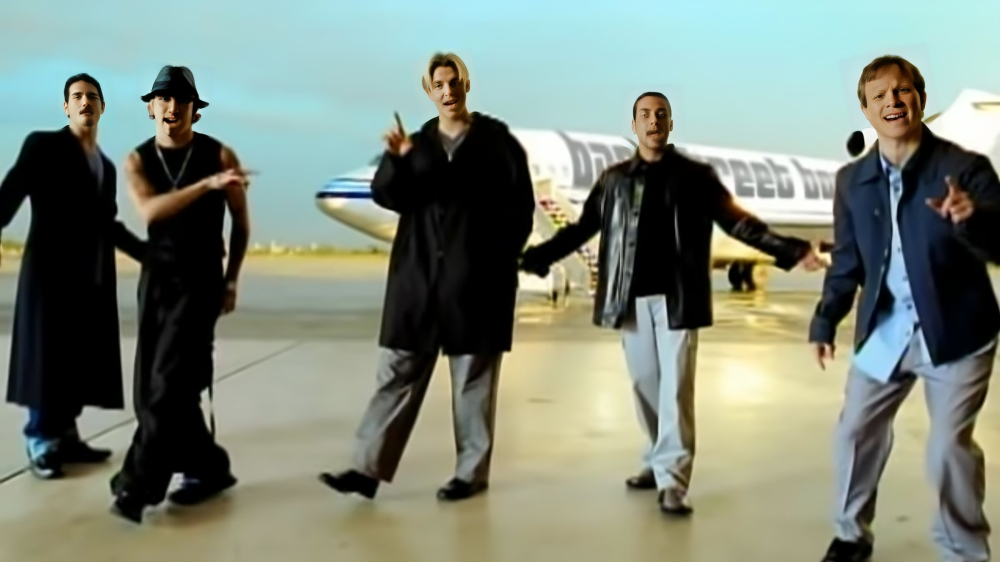
Speaking of I Want It That Way or its cohort It’s Gonna Be Me, much like musical competence, lyrical prowess is also not necessary. Grammar is not the forte of boybands (although on reflection in this day and age of social media captions, good grammar may not be the hill to die on). Consider the linguistically cunning opening verse in I Want It That Way, the number 1 Backstreet Boy hit of 1999:
You are my fire
The one desire
Believe when I say
I want it that way
